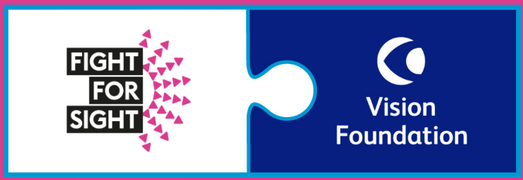Recent studies have shown that disabled people are significantly more likely to experience domestic abuse than non-disabled people. Despite this shocking finding, there is very little research looking into the experiences of visually impaired people specifically.
We’ve partnered with SafeLives (a UK wide domestic abuse charity) to change that by looking into domestic abuse among people who are blind or partially sighted, identifying the barriers to getting help, and reviewing the availability of specialist services.
The findings of this vital research will improve understanding of the experience of victims/survivors of domestic abuse who are blind or partially sighted, to inform the development of accessible, effective, and responsive support. We are keen to hear from any victims or survivors of domestic abuse who are blind or partially sighted, and from organisations that work with this community, to gather evidence and inform our research.
We will be carrying out interviews and focus groups in January, these will last for around an hour and all participants will receive £25 for supporting us with our research. All information that we receive through interviews and focus groups will be anonymised in all public reports, and any identifying information will only be available to researchers working on the project.
If you are interested in being involved in an interview or focus group, please complete a short survey on your availability as well as your accessibility and safeguarding needs.
We are also keen to hear from any organisation working with blind and partially sighted people and/or with victims/survivors of domestic abuse who would be able to offer their facilities to enable us to host in-person focus groups and interviews. To get in touch with us please contact Nanya Coles (nanya.coles@safelives.org.uk) or Nicola Stokes (nicola.stokes@safelives.org.uk).
We recognise that taking part in this research may trigger difficult memories, or highlight the need for help with your current situation. There is therefore information about domestic abuse support services at the end of the survey and on the SafeLives website. If you are in immediate danger then please call 999 and ask for the police.

